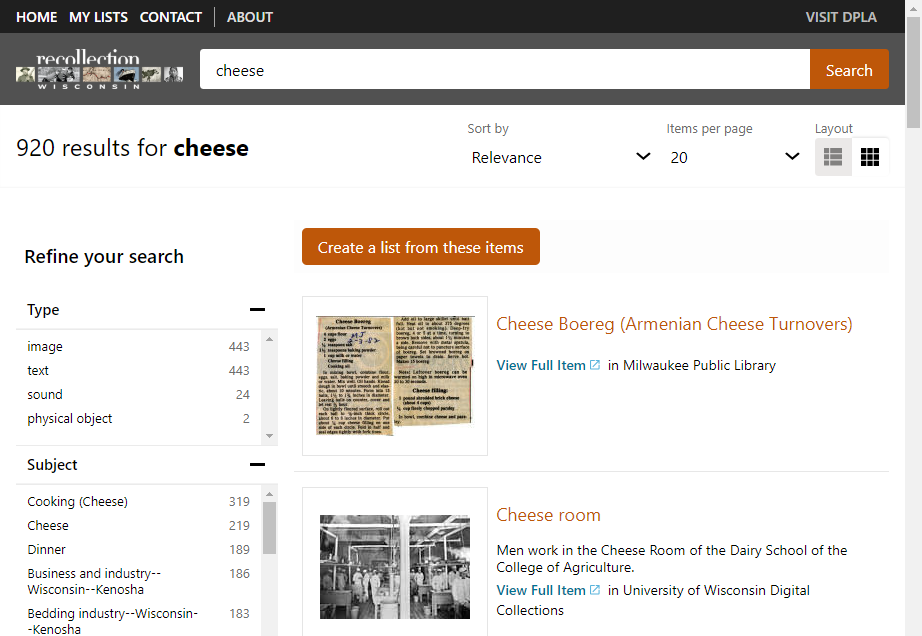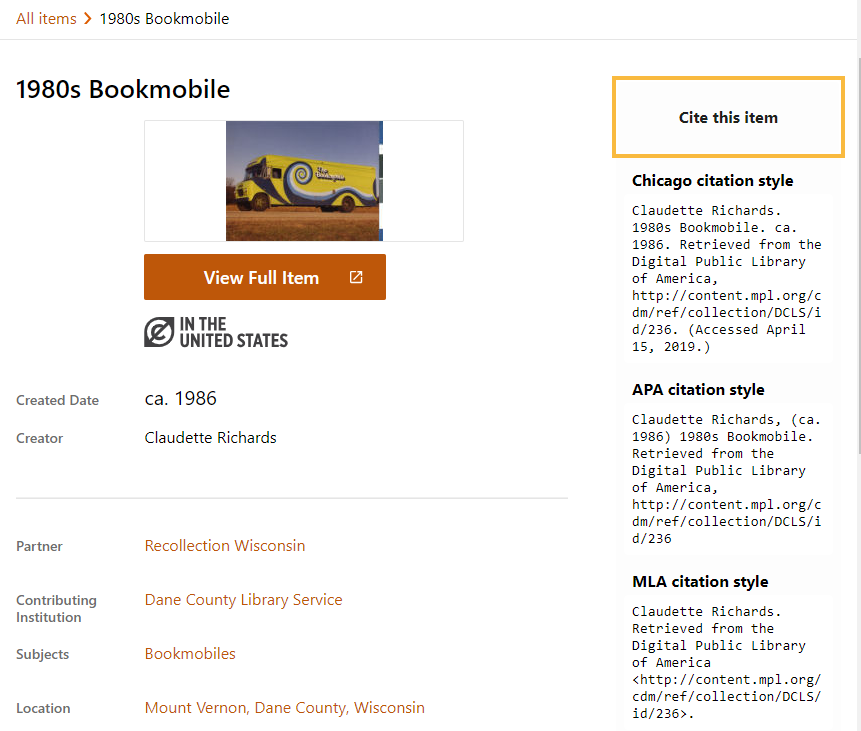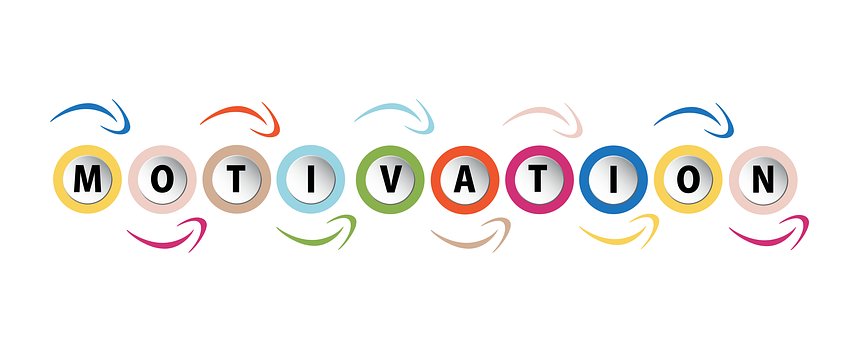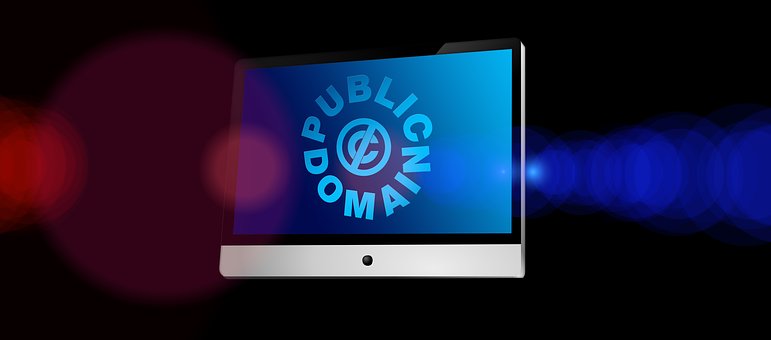Among other features and options, WISCAT offers a way to search the catalogs of many libraries in Wisconsin and beyond. Those catalogs are searchable through WISCAT in one of two ways. The first is through the Union Catalog, a small collection of static bibliographic records that once made up the bulk of holdings searchable through WISCAT. These records and their corresponding holdings must be manually updated by libraries in order to be accurate, and since they are static records, they do not indicate whether or not an item is currently available on a library's shelf.
The other way that WISCAT is able to search for and present holdings is by using the Z39.50 protocol to make live connections to catalogs. This standard protocol enables WISCAT to remotely search catalogs and pull back bibliographic records as they read in real time, allowing us to see live shelf status, and to use indicators in the bibliographic record to determine whether an item is lendable based on location or collection information in addition to status. These catalog connections are commonly referred to as Z targets, or simply targets, as the catalogs are the targets of the protocol queries.
OK, but what does that mean for the average WISCAT library on a day-to-day basis? If you've been periodically loading your catalog records into the Union Catalog, you may wish to work with WISCAT staff to set up a Z39.50 connection to your catalog instead. The configuration process can vary based on your library's ILS vendor and your bibliographic record structure, but more often than not the process is quick and straightforward. It requires no updating of your bibliographic records in WISCAT, and the configuration would only need to be updated when details about your ILS change, or when you add new locations, collections, or statuses.
You may have noticed that WISCAT sometimes takes a while to show all search results. This is due to the system searching many different catalogs via Z39.50. Your search speed is dependent upon how quickly each of the Z39.50 target catalogs respond, so a slow catalog will result in a slow response time from WISCAT. If you're looking to increase the speed of your search results, you can always modify which Z39.50 targets you're searching in a given search by clicking on the stacked canister icon to the left of the search bar in WISCAT and selecting/deselecting the targets or catalogs you'd like to search. To make changes to your default selections, click on your username in the upper right hand corner when logged in to WISCAT, and click on Your Favorite Resources to adjust your selections (shown in screenshot below).
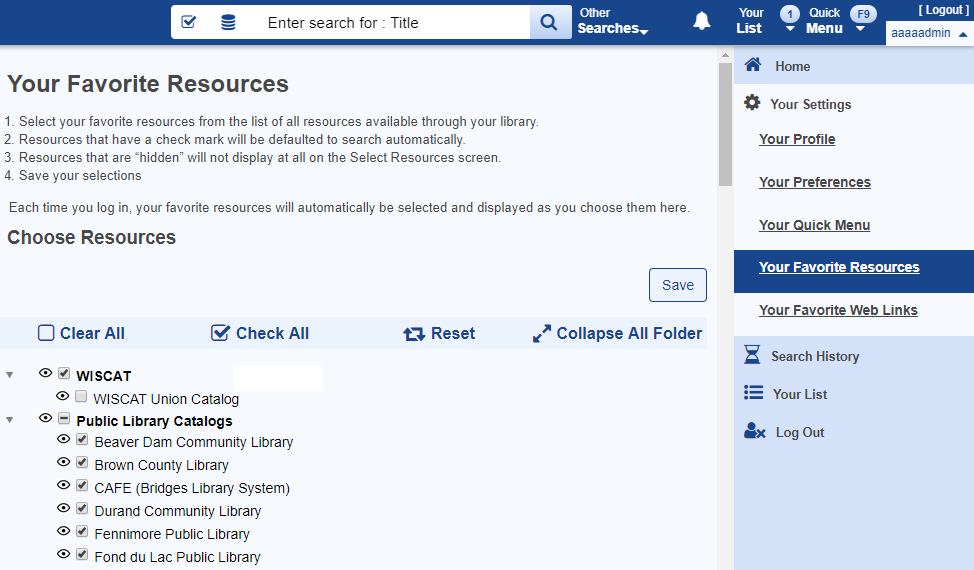
Have questions about WISCAT or want to switch from the Union Catalog to a Z target? Please Contact Us!
Written by Gail Murray, Resources for Libraries & Lifelong Learning
